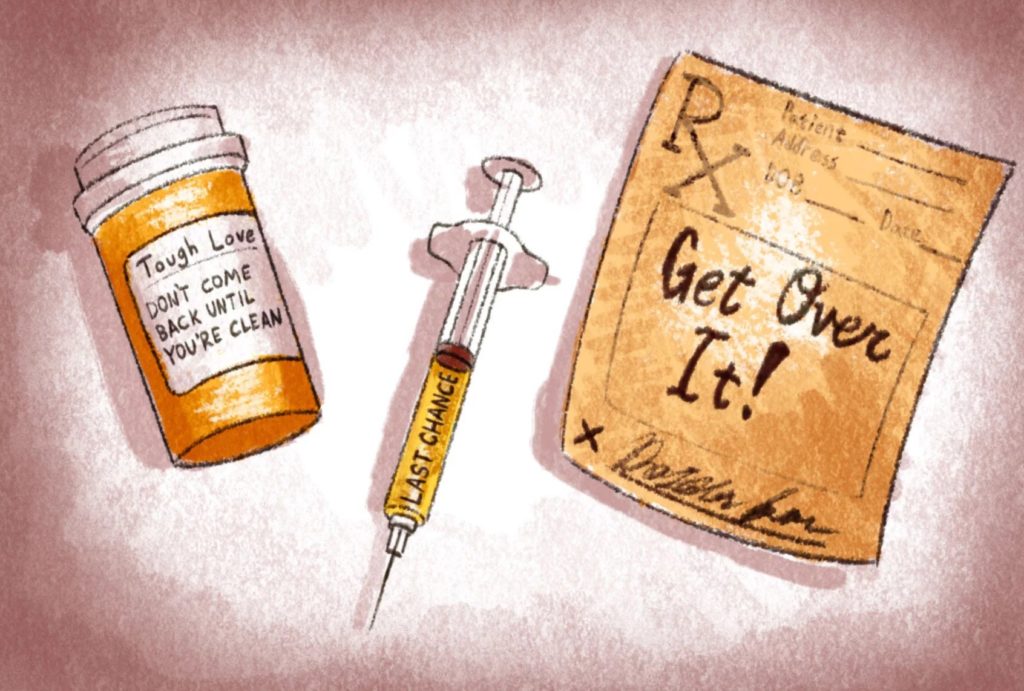Tough Love in response to addiction: Why it works and why it doesn’t work 2020

Tough Love in response to addiction: Why it works and doesn’t work in 2020
Tough love
Tough love is an expression used when someone treats another person harshly or sternly with the intent to help them in the long run. This tactic is often used with the goal of changing a loved one’s behavior. For decades, tough love has been employed by family, friends, and practitioners looking to rehab people battling addiction of any kind. Tough love programs force the person in recovery to either make the right choices or face the consequences alone. Family members are often caught between enabling addicted loved one or practicing tough love.
Enabling
Enabling is defined as giving (someone or something) the authority or means to do something. Some avoid practicing tough love at all costs and end up enabling their loved one’s addictive behaviors. You can enable drug addiction by refusing to acknowledge problematic behavior, providing financial support and excusing behaviors in order to save them. Enabling is never beneficial to the person in recovery. In fact, it would likely harm a loved one. When brain changes start to occur in a drug addicted person, they may take advantage of the fact that those who love them are willing to clean up after them. This begets the cycle, and stopping is difficult once a pattern is set.
Somewhere in the middle
Somewhere in the middle lies the right response. Tough love once an addict hits rock bottom is moot. While tough love may appear to be effective in the short-term, it can worsen the disease and lead to an overdose or death. It is likely that an addicted person requires support in the beginning as well as healthy boundaries. Boundaries are key to creating healthy relationships; even when your loved one isn’t healthy. Boundaries establish guidelines for suitable behaviors, responsibilities, and actions. It also sets an expectation while encouraging a drug addicted loved one to take accountability. As situations in each home and relationship can vary, boundaries are not a “one-size-fits-all”. Healthy boundaries may include:
- Not allowing illicit substance use in home or presence
- Refusing to lie on their behalf
- Physically remove yourself if they get violent or aggressive
- Denying financial assistance for drug use
Remember, unconditional love doesn’t mean you have to co-sign your addicted loved one’s toxic behavior unconditionally. However, know that tough love may garner the change you want to see but only for a short period. Set boundaries with unconditional love and appreciation of the other person in mind.
Follow us on Twitter, Instagram, or Facebook for more inspirational articles
Steadyhand Recovery is an Addiction treatment Clinic offering rehab services in the greater Philadelphia area to help those with opioid dependencies master their addictions and change their life’s narrative for the better. Call now to speak with one of our addiction specialist and start your road to recovery today.

